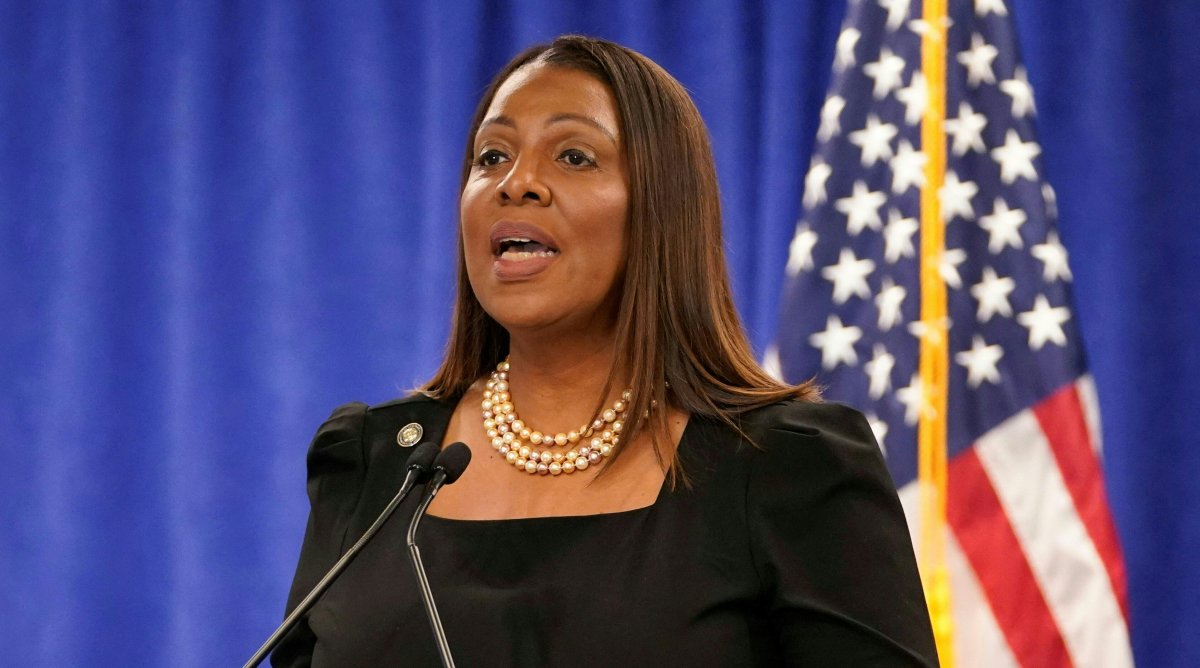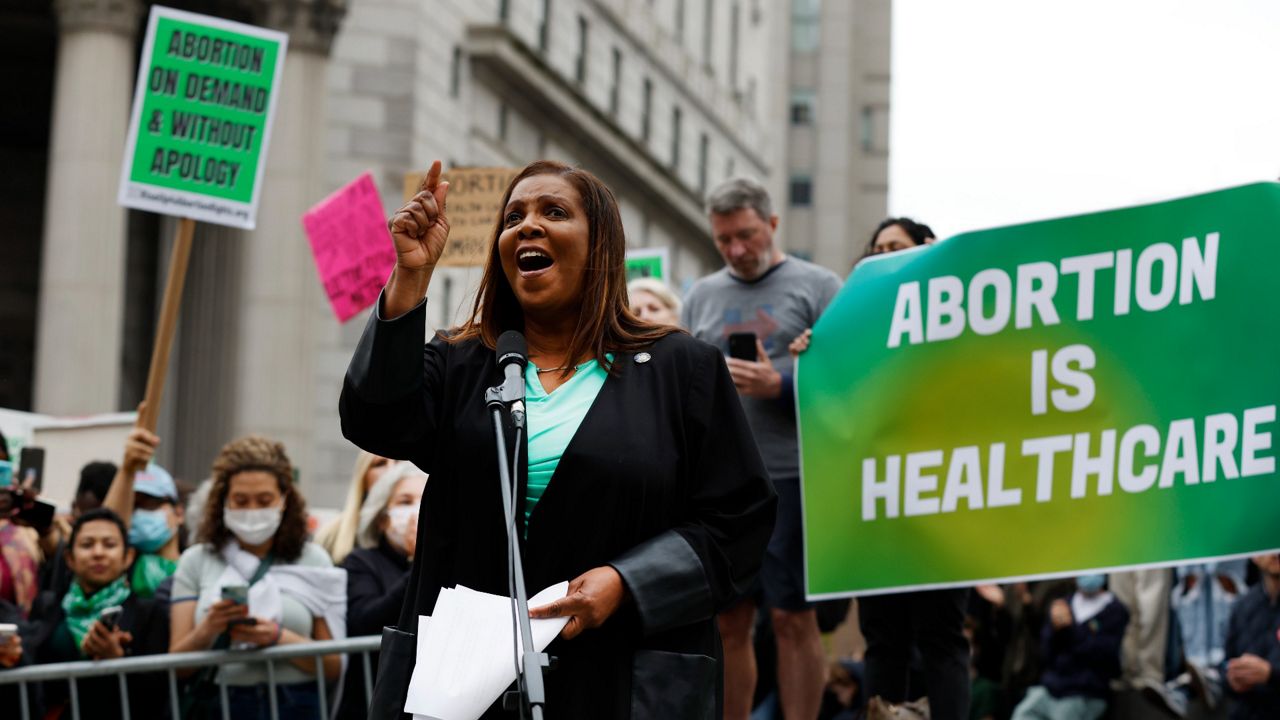New York Attorney General Letitia James celebrated a significant legal victory as state appellate judges unanimously reinstated a proposed constitutional amendment on reproductive freedoms. The decision overturns a previous ruling that blocked the Equal Rights Amendment (ERA) from appearing on the state ballot, citing procedural errors by state lawmakers.
The ERA, formally titled the Equal Rights Amendment, has been a focal point in New York’s ongoing legal and political landscape. Originally proposed to protect against discrimination based on “pregnancy outcomes” and “gender expression,” proponents argue that its reinstatement holds profound implications for reproductive rights in the state. Critics, however, have expressed concerns about the potential broader implications of the amendment, particularly regarding its impact on gender identity and sexual orientation policies.
Attorney General Letitia James, a prominent advocate for civil rights and equality, spearheaded efforts to appeal the earlier court ruling that had blocked the ERA’s inclusion on the ballot. Her office argued successfully that the lawsuit challenging the ERA’s legality had missed the statute of limitations, citing New York State law Article 78, which imposes a four-month window to contest governmental actions.
James hailed the appellate court’s decision as a pivotal moment in defending fundamental rights and ensuring equal treatment under the law. The reinstatement of the ERA comes amidst a nationwide debate over reproductive rights, with states across the country enacting or challenging laws that restrict access to abortion and other reproductive health services.
In New York, where abortion is legally protected up to the 24th week of pregnancy, the ERA’s reinstatement is seen as a proactive measure to safeguard against potential future legislative challenges to reproductive freedoms. While the ERA does not explicitly guarantee the right to abortion, its supporters argue that it establishes a critical framework to prevent discrimination in reproductive health decisions.
Opponents, including GOP Assemblywoman Marjorie Byrnes and conservative groups, continue to voice concerns about the ERA’s language and its implications for state policies. They argue that the amendment’s vague wording could potentially be interpreted to support controversial measures such as transgender participation in sports based on gender identity.
Despite ongoing legal and political challenges, Letitia James remains optimistic about the ERA’s inclusion on the November ballot, emphasizing its importance in affirming New Yorkers’ commitment to equality and reproductive justice. The upcoming elections will now provide voters with an opportunity to weigh in on the ERA’s future and its implications for the state’s legal landscape concerning reproductive rights and gender equality.
Read More: Racism and Lying Accusations Fly in The Last Latimer-Bowman Discussion!
Ercot Expects a Possibility of Power Emergencies up To 16% in August!
Ex-Teacher from Douglas Anderson Accused of Kissing Teen Student Speaks Before Being Sentenced!
This expanded version provides a more comprehensive look at the legal and societal implications of the reinstatement of the Equal Rights Amendment in New York State, reflecting the broader debates and issues surrounding reproductive rights and gender equality.








+ There are no comments
Add yours